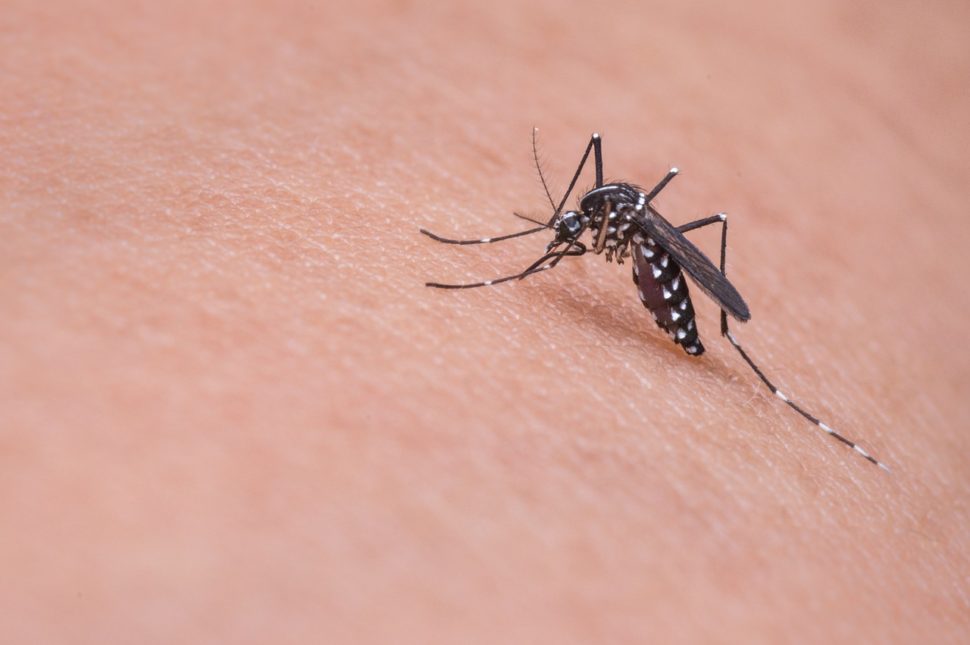Malaria is a parasitic disease that can be life-threatening.
By following appropriate treatment, the patient can be cured by removing parasites — called Plasmodium — from the body.
It is the transmission of malaria that poses a more serious challenge. Malaria is transmitted by female Anopheles mosquitoes that have been infected when they bite a person with the disease.
By biting another person, the mosquito injects malaria parasites in their blood.
The disease is present in many regions of the world and nearly half of the global population is at risk of malaria. But Sub-Saharan Africa carries the most burden with over 90 percent of malaria cases and over 90 percent of malaria deaths occurring in the region.
In 2016, 445,000 people died of malaria, mostly young children.
Read More: Scientists Create Mosquito Diet Pill to Eradicate Malaria
Theoretically, malaria can be eradicated for good if we can eliminate all the Plasmodium parasites or all Anopheles mosquitoes, which of course we can’t do all at once.
What we can do is control malaria cases to reduce the disease incidence, and gradually eliminate it, until we get to a world free of malaria.
As part of its Global Technical Strategy for Malaria 2016–2030, the World Health Organization (WHO) has set a milestone aiming to reduce malaria case incidence and death rates by 40 percent.
Electronic music, specifically Dubstep, can help the WHO achieve its malaria-elimination targets.
Dubstepping to Ward Off Malaria-Infected Mosquitoes
The world celebrates Malaria Day every April 25th, and this year the global community has all the more reason to be shaking a leg on the dance floor.
While listening to music could impact our creativity unlike what most would think, it could work as an effective mosquito repellent.
A recent study shows that the Dubstep song “Scary Monsters and Nice Spirits” by American electronic dance music producer Skrillex disrupts female mosquitoes.
The researchers chose this specific dubstep song because it combines both very high and very low frequencies, and it turns out that mosquitoes are particularly sensitive to loud, high-pitched sounds.
Sound is “crucial for reproduction, survival, and population maintenance of many animals,” say researchers.
“Scary Monsters” can scare little winged monsters away.
The team worked on a species called Aedes aegypti, aka the yellow fever mosquito.
During the experiment, female mosquitoes that were exposed to the dubstep track took much longer to eat, their blood feeding dropped, and even experienced less sexual activity than the control subjects.
In other words, these mosquitoes were less likely to bite and transmit malaria.
“In insects, low-frequency vibrations facilitate sexual interactions, whereas noise disrupts the perception of signals from conspecifics [members of the same species] and hosts”.
Full results of the study are published in the Acta Tropica journal.
So, when you find yourself heading to a malaria-endemic destination, you know what to include in your bite prevention measures.



















Woah, I 🤗 Modestep & Virtual Riot – Nothing, dubstep as a mosquito repellant amazing discovery.